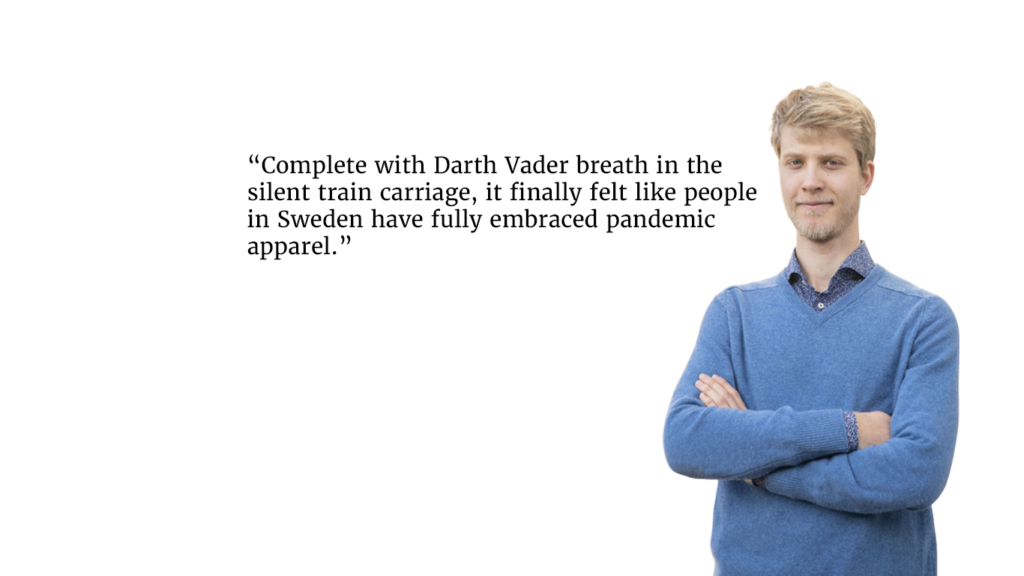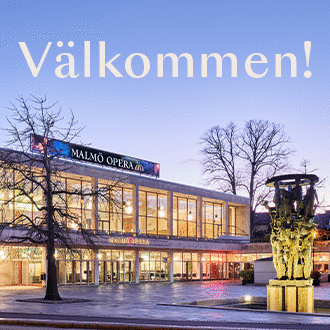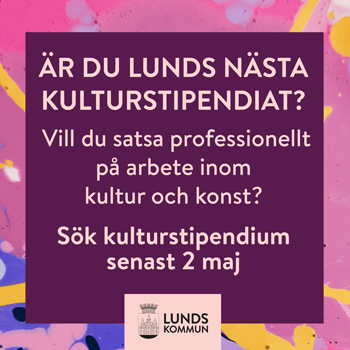Face masks have become a part of life during the pandemic. They help protect us and others, and for some people, they provide much-needed mental ease.
We have been living under Covid-19’s looming shadow for almost one year. It really should take a break and just go away. If only it were so simple. The pandemic has caused much toil and suffering and is omnipresent in discourse, public and private alike. However, I would like to turn to an aspect of it that is not so oft discussed.
Even in Sweden—whose “alternative” approach to the pandemic has been both hailed and criticised ad infinitum—people are wearing face masks of all kinds. Upon crossing my arrival from CPH to Malmö Hyllie after the Christmas break, two policemen wearing gas masks checked my ID. Complete with Darth Vader breath in the silent train carriage, it finally felt like people in Sweden have fully embraced pandemic apparel.
Thankfully not everybody has been attempting to replicate Anakin’s attire, but discerning your friends’ facial expressions has become challenging. Countless smiles and frowns have been enshrouded by cloth in the last few months, to an extent most of us were never used to before. Whether you are happy or sad, the uncovered part of your face remains unchanged. That is, until you start laboriously squinting your eyes in imitation of a smile and furrowing your brows to express frustration, surprise, concern, sadness or a plethora of other emotions.
Recognising your friends at all, outside, in the dark, is a feat we attempt to accomplish every day. Wearing a face mask, hat, bulky coat and scarf makes you resemble Goscinny and Uderzo’s Obelix more than your usual self. There is one significant advantage, however. A face mask protects you (and others) from a potentially lethal virus.
Face masks have become a begrudgingly accepted part of life during the pandemic. For some, such as those suffering from mental health ailments, they can be thoroughly problematic. However, for the oft-overlooked individual, they can also bring relief. No longer do these individuals have to conform to social pressures and constantly be “happy”. Often enough in the pre-pandemic days, we had to be on our best behaviour with smiles stretching painfully across our faces all day long at work or school—only to return home exhausted and keep up the same pretence. Now, wearing masks can lessen some of that burden; there is a feeling of comfort behind a face covering—and for some this can provide a breather from mundane Monday morning malaise.
There are more than two sides to this coin. We huff and puff about wearing masks, but they are there to keep us all safe. And some of us even count them as a blessing.











